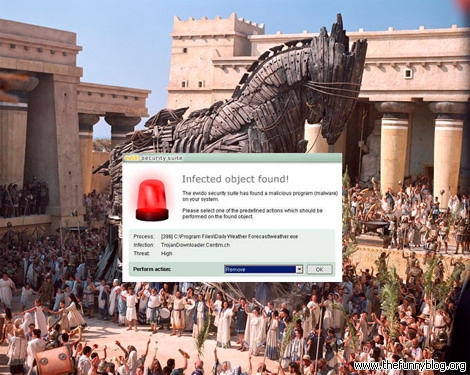How Emergency Surveillance Legislation Affects You
 The Data Retention and Investigation Powers Bill, an emergency piece of surveillance legislation, is causing somewhat of a stir, both by back benchers and the public alike. But what exactly is it and what does it mean for the everyday person?
The Data Retention and Investigation Powers Bill, an emergency piece of surveillance legislation, is causing somewhat of a stir, both by back benchers and the public alike. But what exactly is it and what does it mean for the everyday person?
The bill has primarily been in response to a European Court of Justice ruling that companies who provide internet and phone services should not be able to store data about their customers. This means that information that could be used by intelligence and law enforcement agencies will potentially lose out on finding evidence to help with their investigations, which is why Cameron and the coalition wish to rush the legislation through parliament.
 What may surprise is that this does not immediately affect anyone. Communications Service Providers, internet and phone companies, have already been storing data on their customers for the past few years that have helped in a number of investigations into serious crimes and to help protect vulnerable individuals. It is heard time and again of how emails and phone calls are often used as primary evidence in court cases when prosecuting criminals ranging from drug dealers to paedophiles, connecting them to their crimes. This court ruling by the ECJ puts that under threat.
What may surprise is that this does not immediately affect anyone. Communications Service Providers, internet and phone companies, have already been storing data on their customers for the past few years that have helped in a number of investigations into serious crimes and to help protect vulnerable individuals. It is heard time and again of how emails and phone calls are often used as primary evidence in court cases when prosecuting criminals ranging from drug dealers to paedophiles, connecting them to their crimes. This court ruling by the ECJ puts that under threat.
There are of course a number of ethical issues that surround this piece of legislation. Even though this is something that has been going on for the past few years now, it brings personal privacy under question once again. How much of our information is stored with our internet and phone providers? It raises questions about the freedom and right to privacy whilst online and on the phone, people certainly have the right to be concerned over this legislation and understandably so. Is it right that the government and these companies are able to record our phone calls and read our emails in the name of national security?
Cameron certainly believes so and with cross party agreement it appears many in power agree. In defending the legislation, there is a bigger picture outside of our calls and messages to friends, family and the rest of the world on the internet. He argues that this legislation allows the appropriate agencies to be able to single out those who are of a danger to society, from terrorists, paedophiles and other organised crime. His intentions are no doubt noble, however many would still argue that this is a breach of their human rights and their right to privacy.

The key to this bill is regulation, who is able to access it and for what reasons. It is not about trawling through people’s calls and emails, it is about using this data on those who are known to be criminals and to gather evidence about them. Former Head of the Metropolitan Police Paedophile Unit, Graham Grant, said to techreviewer that he can understand where the government stands;
“I can understand how people are concerned about the government’s proposals, especially as they have let us down in many different areas over many different years. However, there are those out there who will abuse our civil rights for their own nefarious ends. In my experience of investigating paedophiles who use the internet to target and groom their victims, this information is crucial in catching them and their co-conspirators. This may appear to infringe upon our civil liberties, but it is a necessary evil that we must understand is vital in the protection of our children.”
Although the internet is an incredible thing and the majority of us will use it properly, there are those out there who will want to abuse its power. We can only hope that this legislation will be in place to help protect us and catch criminals, rather than make it feel as if we are all under the eye of Big Brother.
What are your thoughts?


